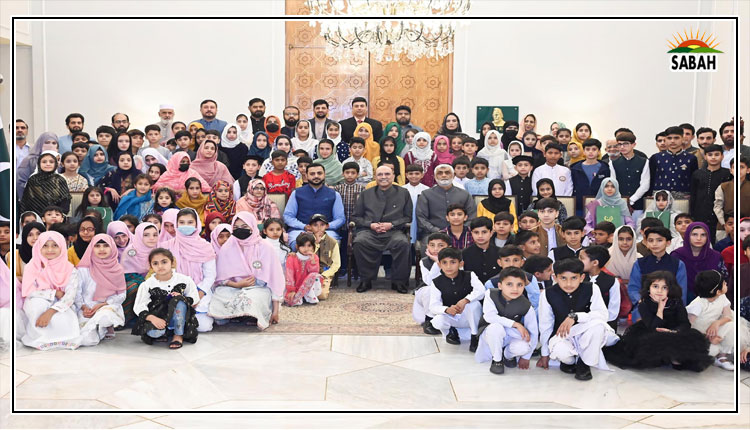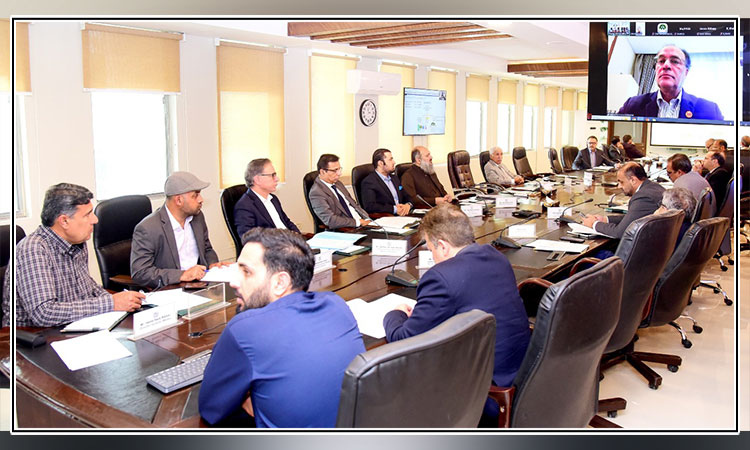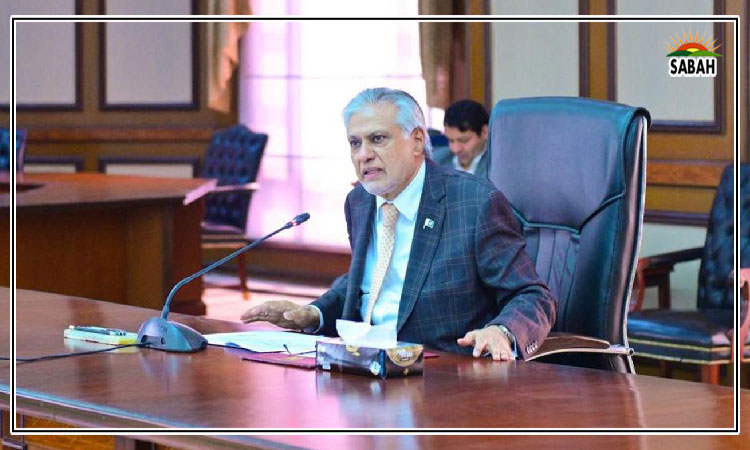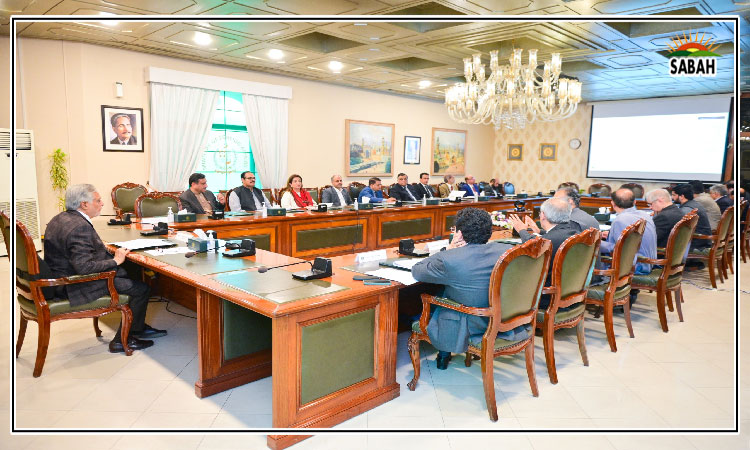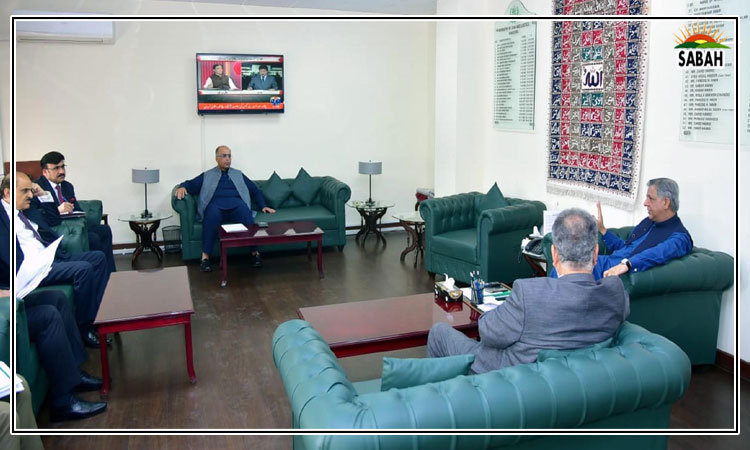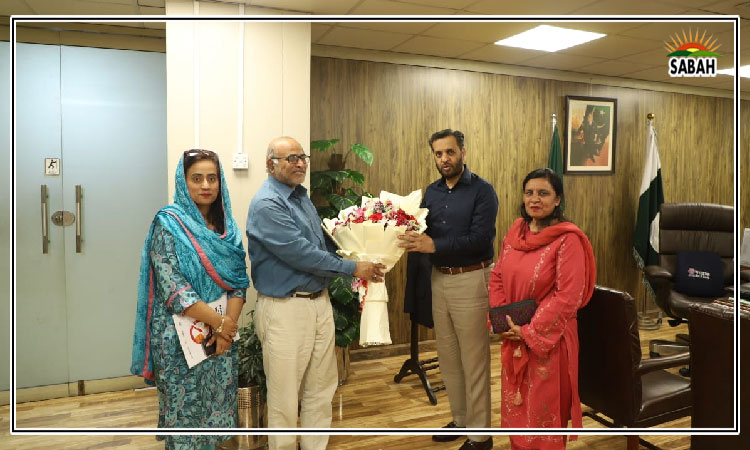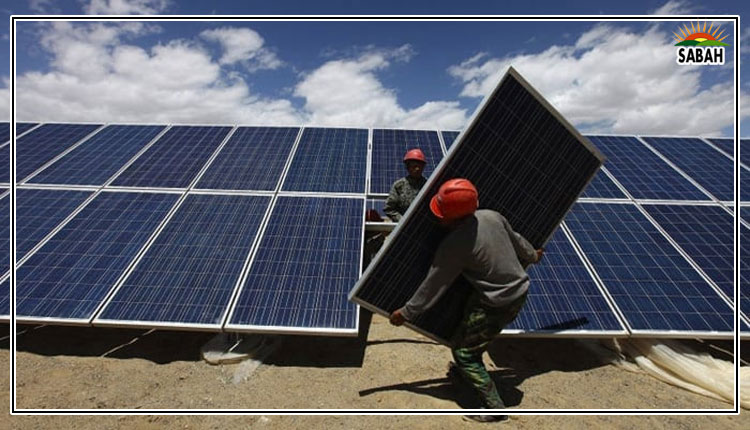Net-metering fallout…Amer Zafar Durrani & Komal Kenneth Shakeel
We wrote about household solar and its adoption in Pakistan last year (October, 2023 for PIDE) and since then many a storm has erupted on the local landscape on this issue coupled with net metering.
Net metering is a typical policy area where countries like Pakistan are best served to wait till all research has been done in the local context and a public consensus built around the pros and cons. The Pakistani government, like it did in the case of the IPPs, went headlong without the prerequisite policy research, debate, and consensus building to implement net-metering. Immediate wins were celebrated.
The fundamental issue being ignored is the experience. Since being introduced in the US in the 1980s, it was seen that net metering required countries to be open to the public and to themselves about how they would balance the two core variables of ensuring energy equity and maintaining grid stability requiring dynamic and localized policies rather than a single brush country wide application, like Pakistan does from Gilgit-Baltistan and Chitral to Tharparkar and Gwadar. When the power corridors of a country live in a small village across its border called Islamabad this happens often.
Generally, the net metering policy allows households (and others) drawing electricity from a centralized grid through the local energy supply company (ESCO) and producing their own renewables-based electricity to sell the excess electricity back to the grid, thereby reducing their electricity bills. This was first introduced in Minnesota in the US in 1983, and since then started being viewed as a local panacea for reducing the weight on consumers wallets.
This bubble started bursting within a few decades as widespread utilization gained favour. The fact was that only the relatively rich had money to become independent power producers based on renewable technologies, and the many power plants supplying the central grid needed payment for their operations and production or the plants would shut down. In fact, the reason net metering was invented was precisely why the plants could not shut down.
Electricity once generated, and without storage, must be used or it gets wasted. Initially policymakers saw the excess household energy to cater to an ever-growing demand for electricity by allowing excess clean electricity from households (and others) to enter the central grid. Multiple issues followed. As localized energy from households grew, the grid wanted to buy less from the power plants. The power plants could not produce as they had been installed for being efficient producers at certain capacities and without regular payments, they could not keep up operations.
I am sure you will start seeing the mess being created. There were issues with keeping the central grid stable with multiple producers sending to and drawing electricity from it though Pakistan never entirely got there.
Pakistan was already reeling from our so-called power-sector debt, also famously called circular debt, when this policy was introduced not realizing that with the state of the sector the mess would be amplified if this policy were adopted across the board. This is where we stand today.
All this has happened without the Pakistani policymakers realizing that many countries around the world have been reconsidering net metering policies for the following reasons, including the US. Households (and organizations) with low-incomes cannot afford their own electricity nor participate in net metering schemes voiding governments primary responsibility to uphold equity. Grid stability is difficult to maintain with so many folks trading and even the most modern of grids struggle at some point.
The electricity generators, the IPPs, are not running systems that can be turned on and off within days and need to maintain generation fuels supplies all requiring healthy cash flow. They cannot even be told to shut down as the renewable sources of energy cannot maintain a twenty-hour load profile specific supply without storage and or IPPs supplying to the grid.
From the US to Africa to Australia, countries are looking at agile policymaking and dealing with net metering on a localized level instead of single brush policies applicable to deal with the issues arising from haphazardly implemented net metering policies. Policies can include developing localized polycentric solutions such as richer local producers (households and others) supplying excess back to localized grids serving the proximate poorer households (and other users); earning social service and impact points from the government.
No matter what policies are being adopted, household net metering is no longer the darling of any government or policy maker and measures are being adopted to ensure equity and grid stability.
For Pakistan, the challenge is amplified as the contracts with central IPPs are already a burden on the people. In such a situation, there is a need for such policies on electricity to be shifted to provincial and local levels (when we have these officially) with careful planning at ESCOs level to ensure a win at each location.
It is not simply a matter of saying we have 6,000 MW of self-generated renewable electricity available rather: ask where they are concentrated. Otherwise, this elite lobby will force itself on the broader policymaking agenda of the Pakistani government, subverting the lesser privileged.
Courtesy The News




